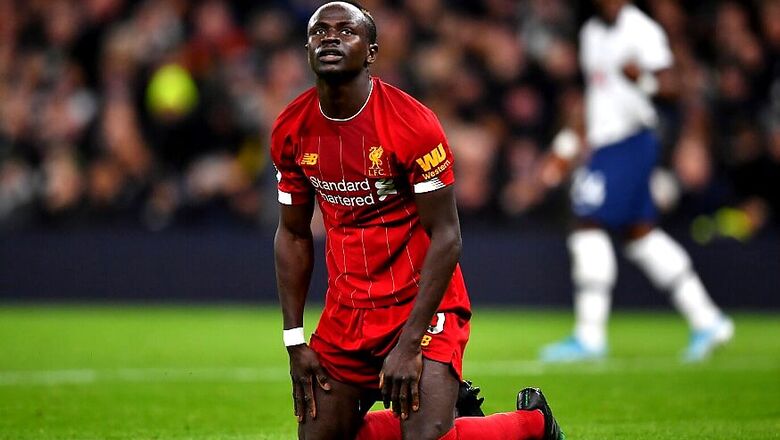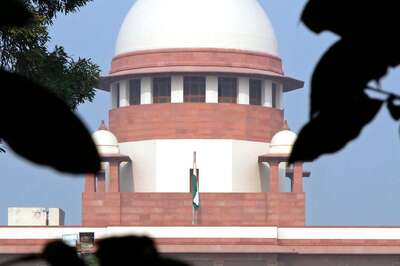
views
Sadio Mane was merely seven years old when his father passed away due to illness at home in the remote village of Bambali in Senegal. He was playing in the field when he was given the news by his cousin and he thought it was a joke.
"We were about to play on the field when a cousin approached me and said: 'Sadio, your father passed away.' I replied: 'Oh really? He's joking...' I couldn't really understand it," The Guardian quotes Mane as saying in the new documentary 'Made in Senegal'.
Mane further said that his father had been sick for weeks before he died but without a hospital in the village, he could not survive for too long.
"We brought him some traditional medicine and it kept him calm for three or four months. The sickness came back but this time the medicine didn't work and because there was no hospital in Bambali they had to take him to the next village to see if they could save his life. But it was not the case.
"When I was young my dad was always saying how proud he was of me," he adds. "He was a man with a big heart. When he died, it had a big impact on me and the rest of my family. I said to myself: 'Now I have to do my best to help my mother.' That's a hard thing to deal with when you are so young."
Two decades since the incident, Bambali is set to get its first hospital in six months' time - funded solely by Mane. This to go along with the school he built last year.
Sedhiou province, where Mane does most of his philanthropic work, has 70 per cent of families living in poverty, according to World Bank and the Liverpool forward said the circumstances around the death of his father is a major reason behind his work.
"I remember my sister was also born at home because there is no hospital in our village. It was a really, really sad situation for everyone. I wanted to build one to give people hope."
In the documentary, Mane is seen interacting with a crowd full of youngsters outside the school, where he lays stress on the importance of education and health.
"Education is the key", "School comes first" and "You should be in good health before you go to work, so let's finish the hospital" - are the three main things he spoke.
Mané has also contributed 40,000 Euros to the Senegal government to help fight coronavirus.
Mane further said that because of his success, all the boys in Bambali want to become footballers and do not want to study but he keeps telling them to get educated.
"Maybe if there had been a better school when I was younger maybe I could have studied more. But it was not the case - I was in the village. So all the boys there want to play football and no one wants to go to school any more. They just want to be a footballer like me … But I always tell them to make sure they have to be well educated and go to school. Of course they can keep playing football but it will help you more to be successful in what you are doing if you do both. It's not like when I was young any more because it was very difficult back then."
















Comments
0 comment